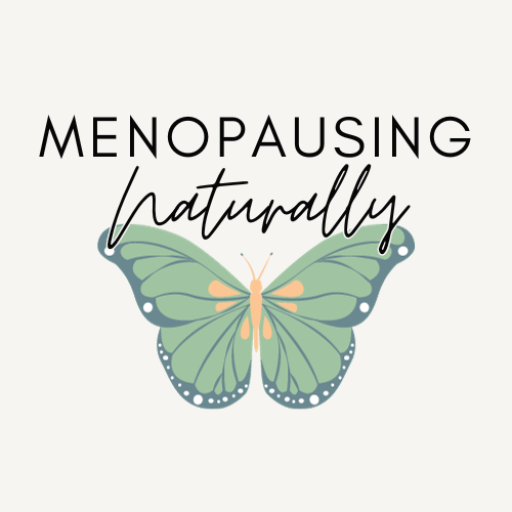Vitamin A: An Essential Nutrient for Menopausal Women
Menopause is a significant phase in a woman’s life marked by the end of menstrual cycles and significant hormonal changes. These changes can lead to various symptoms and health challenges. Adequate nutrition plays a crucial role in managing these changes, and one nutrient that stands out is Vitamin A. This article explores the essential role of Vitamin A in the health of menopausal women, its benefits, sources, and recommended intake.
Understanding Menopause
Menopause typically occurs between the ages of 45 and 55, signifying the end of a woman’s reproductive years. It is diagnosed after 12 consecutive months without a menstrual period. The transition to menopause, known as perimenopause, involves fluctuating hormone levels, particularly estrogen and progesterone, leading to symptoms like hot flashes, night sweats, mood swings, and changes in bone density.
The Role of Vitamin A
Vitamin A is a fat-soluble vitamin essential for various bodily functions, including vision, immune function, and skin health. For menopausal women, Vitamin A offers several specific benefits that help manage symptoms and maintain overall health.

Benefits of Vitamin A for Menopausal Women
1. Bone Health
During menopause, declining estrogen levels can lead to decreased bone density and an increased risk of osteoporosis. Vitamin A supports bone health by promoting the activity of osteoblasts, the cells responsible for bone formation. It also aids in the absorption of calcium, crucial for maintaining strong bones.
2. Skin Health
Menopausal women often experience changes in their skin, such as dryness, thinning, and loss of elasticity, due to decreased collagen production. Vitamin A promotes skin health by stimulating the production of new skin cells and maintaining the integrity of epithelial tissues. Retinoids, a derivative of Vitamin A, are commonly used in skincare products to reduce wrinkles and improve skin texture.
3. Vision
Vitamin A is essential for maintaining healthy vision. It plays a critical role in the production of rhodopsin, a pigment in the retina that helps with night vision. Menopausal women may experience changes in vision, and adequate Vitamin A intake can help support eye health and prevent age-related macular degeneration.
4. Immune Function
Menopause can impact the immune system, making women more susceptible to infections. Vitamin A supports immune function by maintaining the integrity of mucosal barriers in the respiratory and gastrointestinal tracts, which act as the first line of defense against pathogens. It also promotes the function of immune cells, such as T-cells and B-cells.
5. Hormonal Balance
Vitamin A plays a role in regulating the production of hormones. It is involved in the synthesis of steroid hormones, which can help balance hormonal fluctuations during menopause. This can lead to a reduction in symptoms such as hot flashes and night sweats.
Sources of Vitamin A
To ensure adequate Vitamin A intake, menopausal women should include a variety of Vitamin A-rich foods in their diet. These include:
- Animal Sources: Liver, fish liver oils, eggs, and dairy products are rich in preformed Vitamin A (retinol), which is readily absorbed by the body.
- Plant Sources: Carrots, sweet potatoes, spinach, kale, and other leafy green vegetables contain provitamin A carotenoids, which the body converts into active Vitamin A.
Recommended Intake
The recommended daily allowance (RDA) for Vitamin A varies by age and life stage. For women over the age of 50, the RDA is 700 micrograms (mcg) of retinol activity equivalents (RAE) per day. It is important not to exceed the tolerable upper intake level (UL) of 3,000 mcg RAE per day to avoid toxicity.
Vitamin A is an essential nutrient that offers numerous benefits for menopausal women, from supporting bone and skin health to maintaining vision and immune function. By including Vitamin A-rich foods in their diet and considering supplements if necessary, menopausal women can manage their symptoms and maintain overall health more effectively. As always, it is advisable to consult with a healthcare provider before making significant changes to the diet or starting new supplements.







